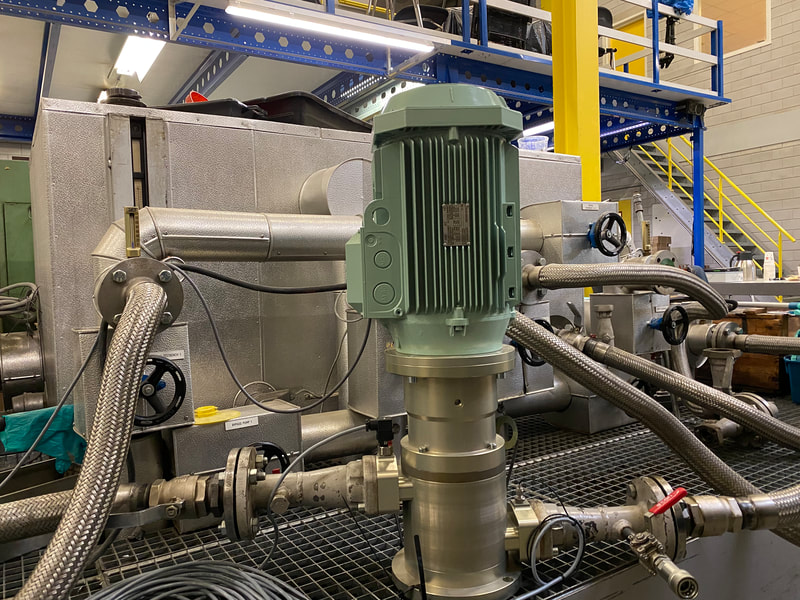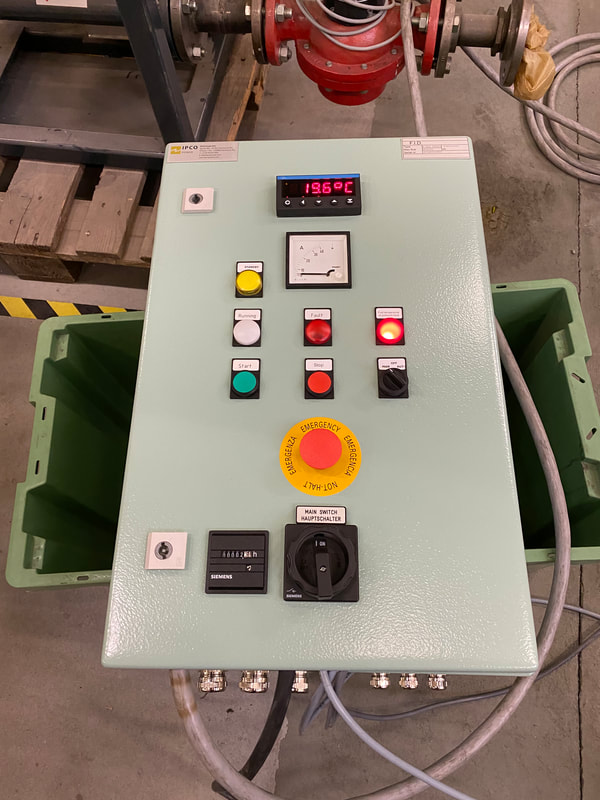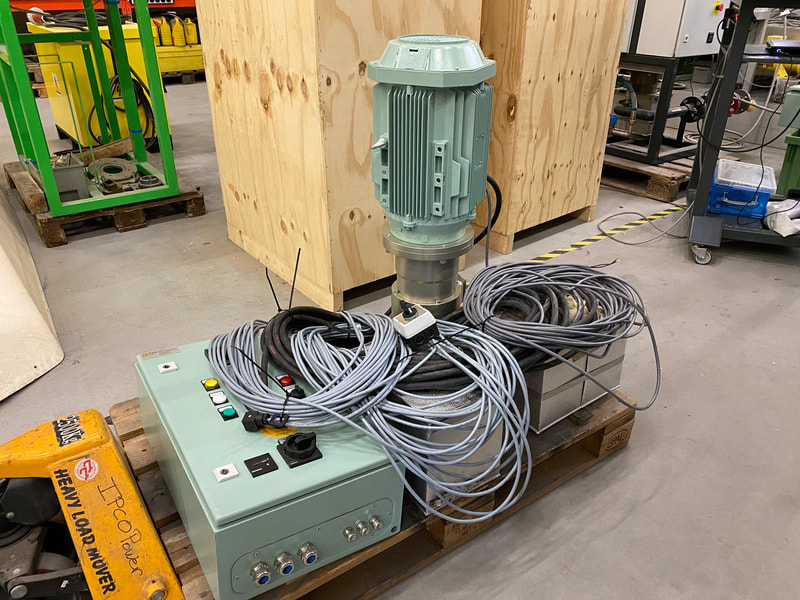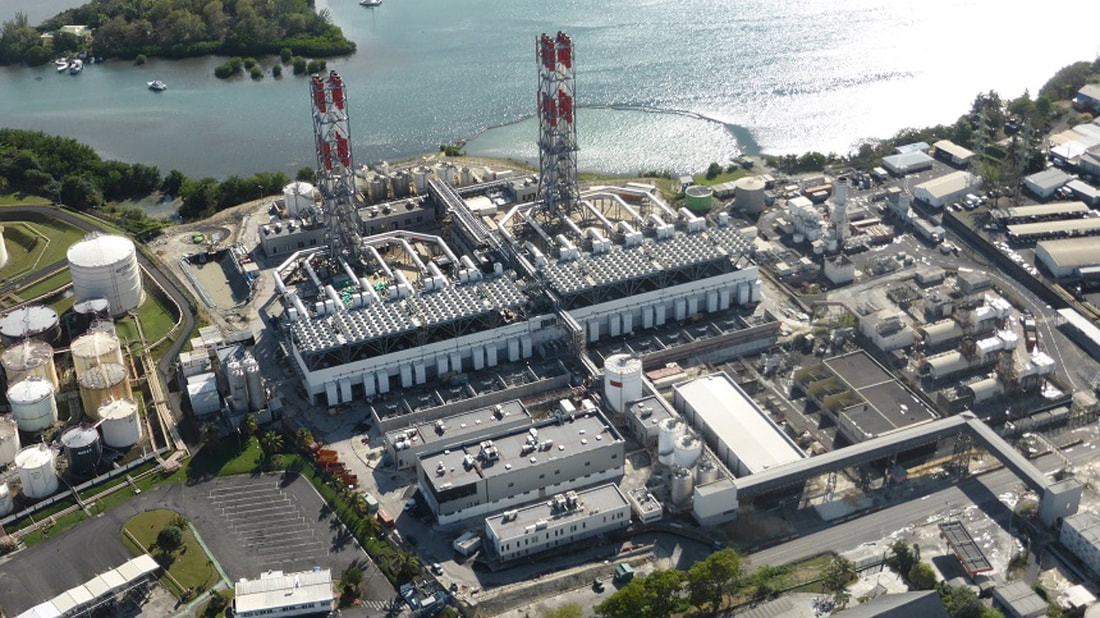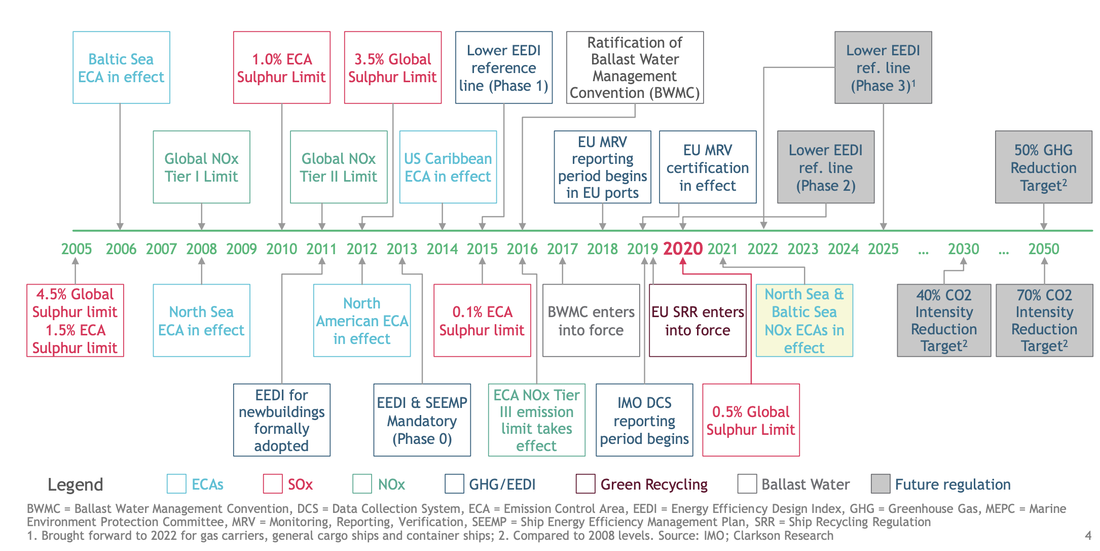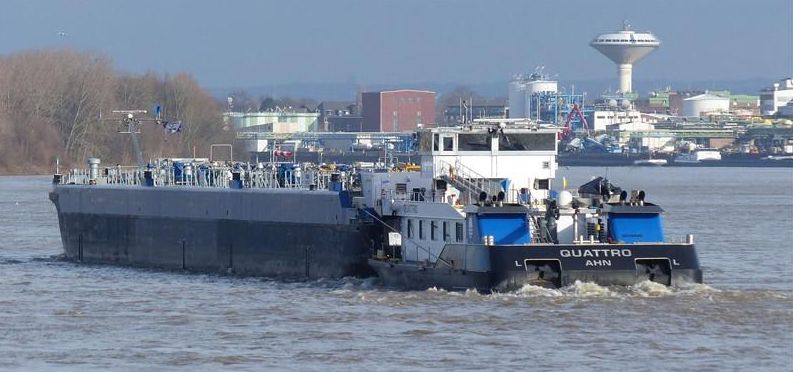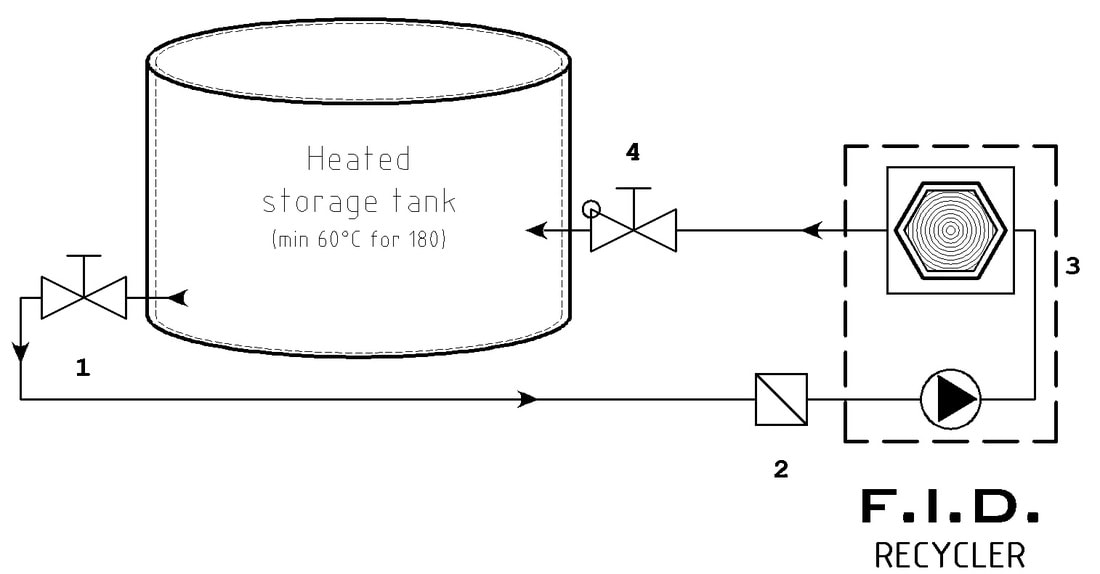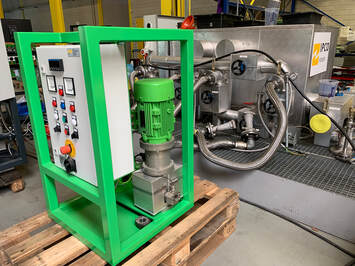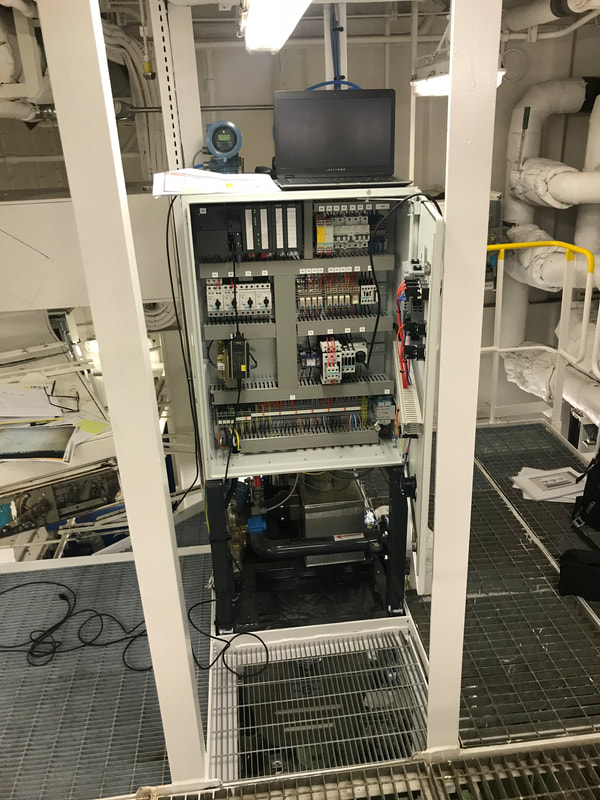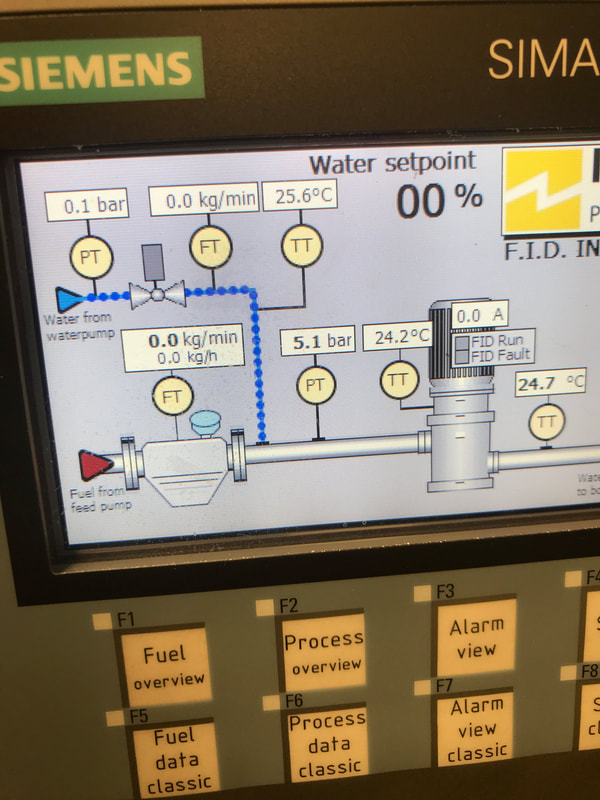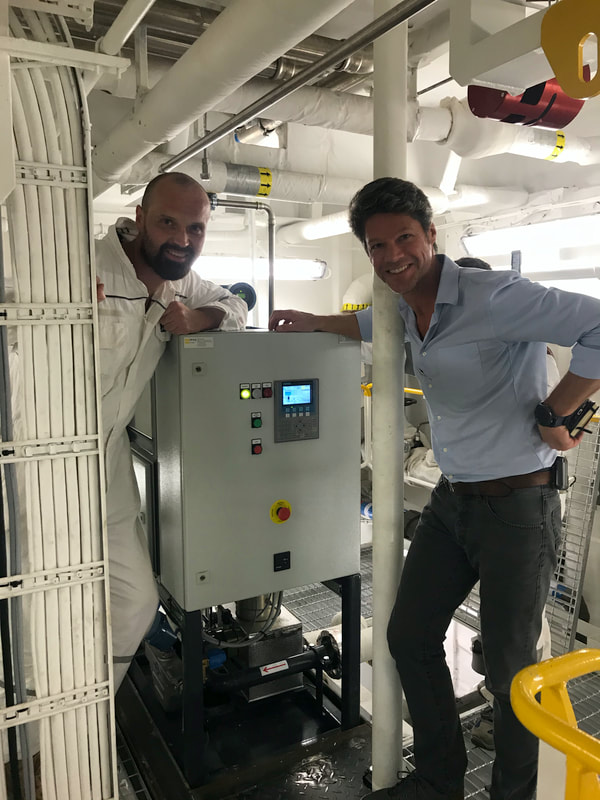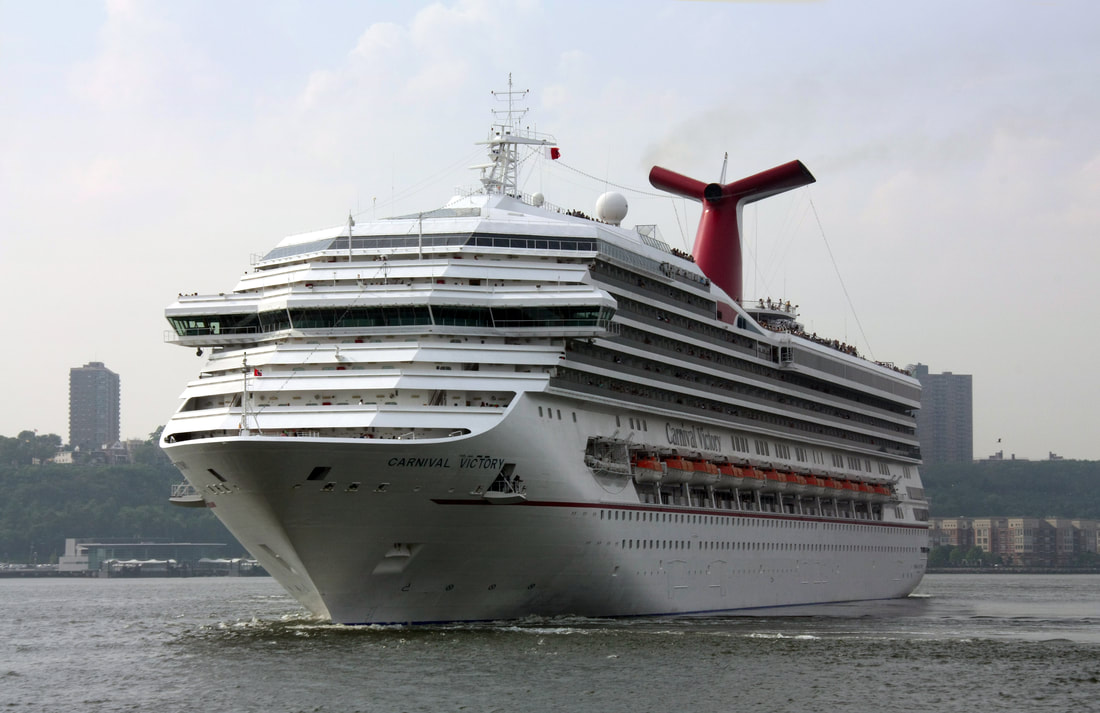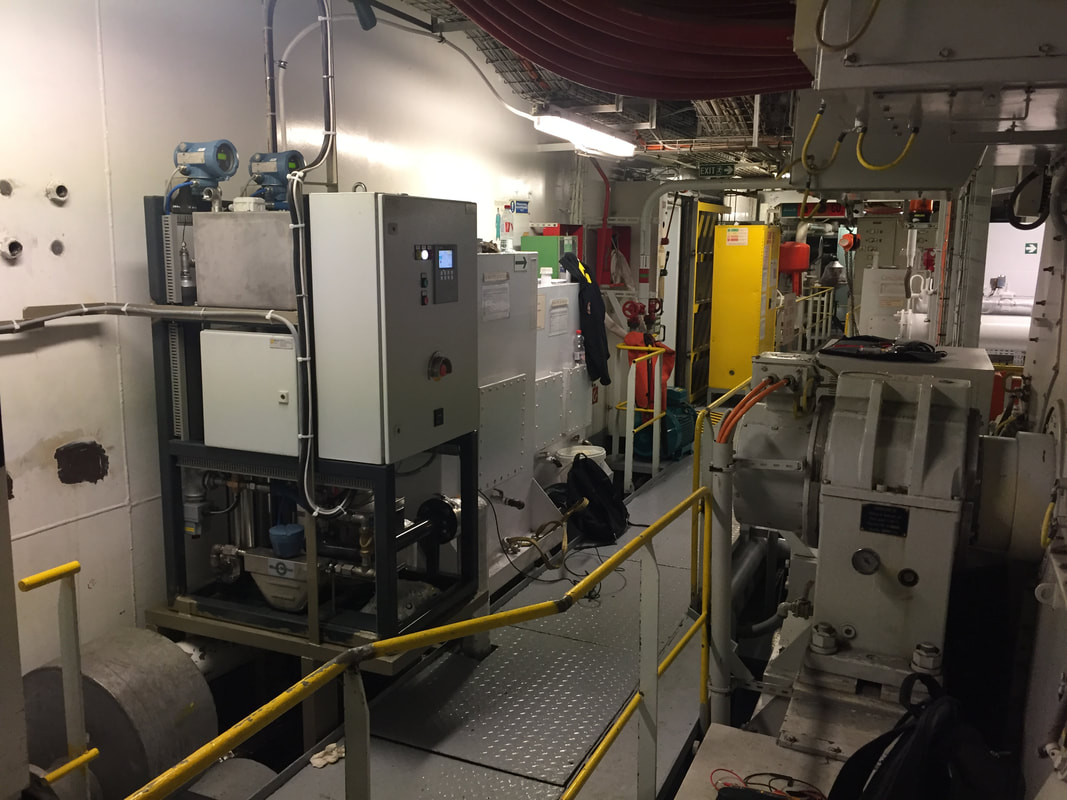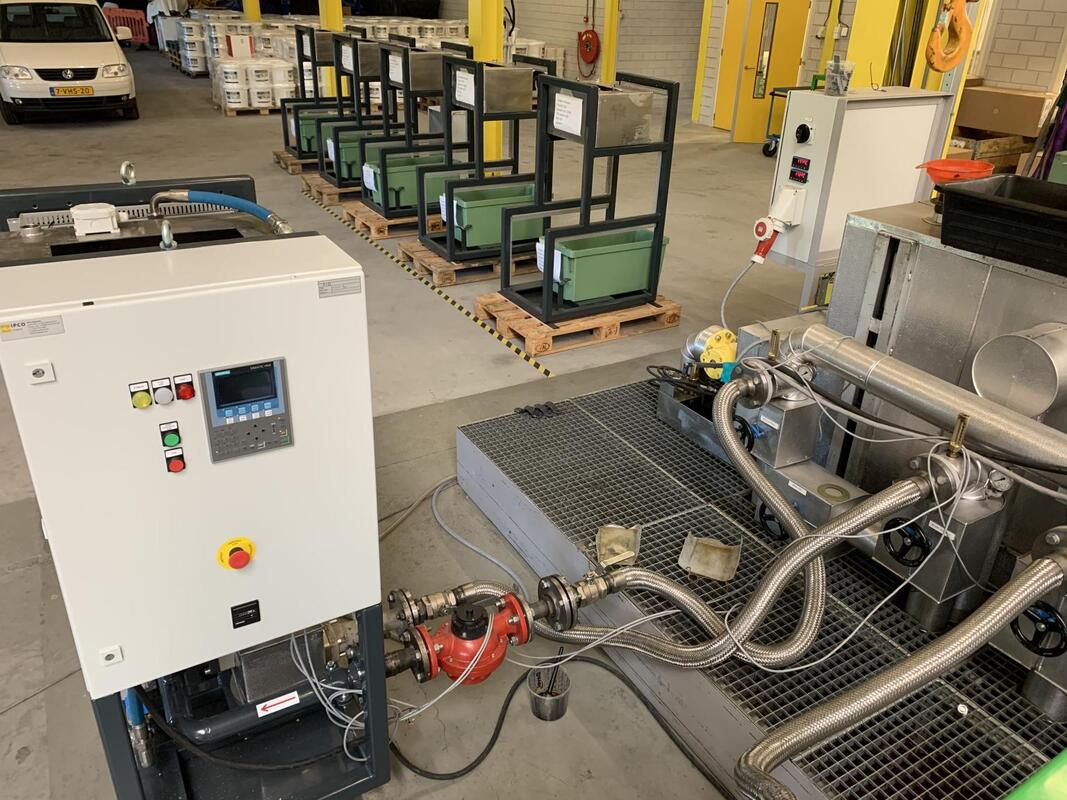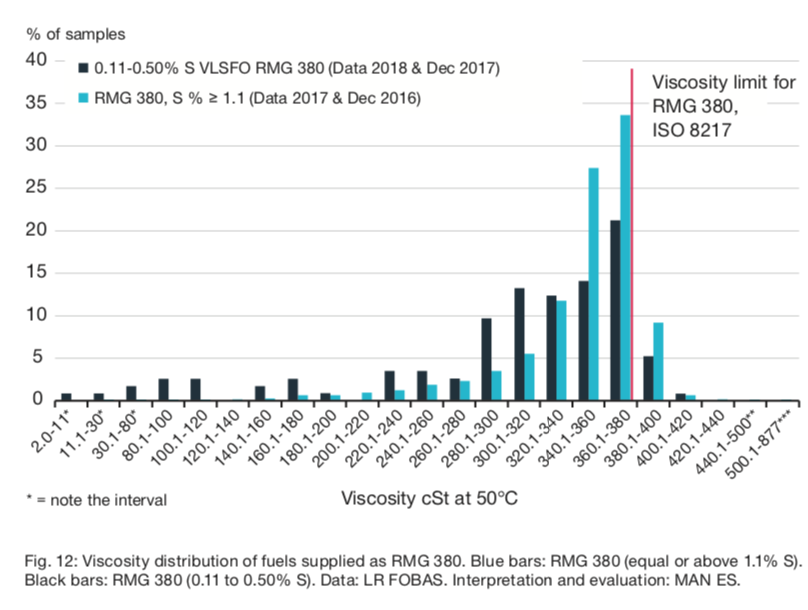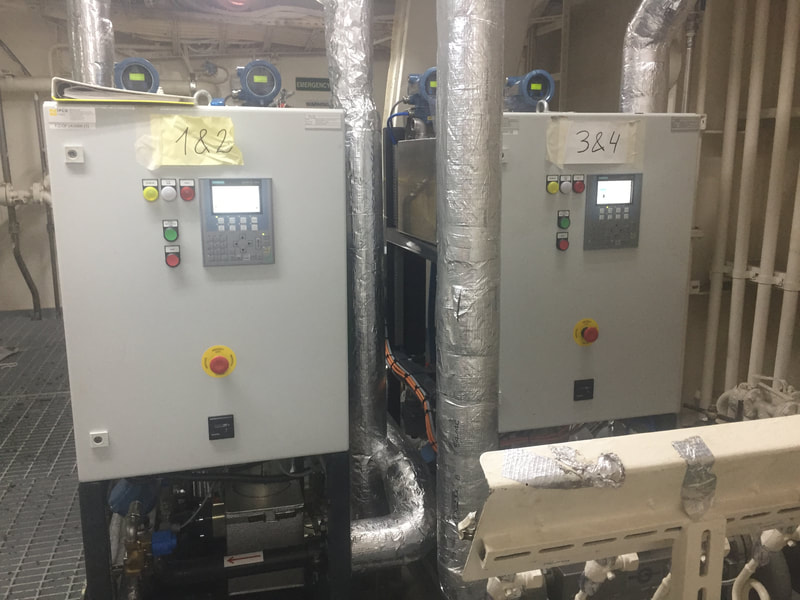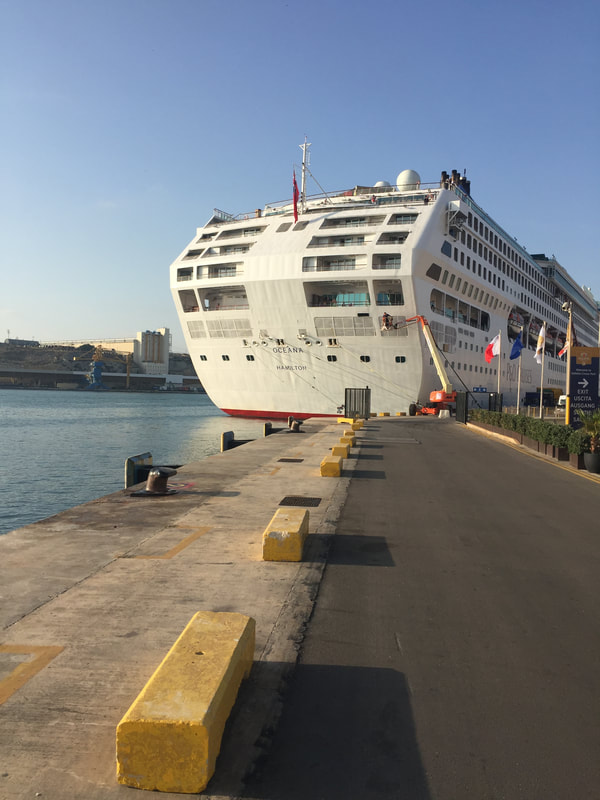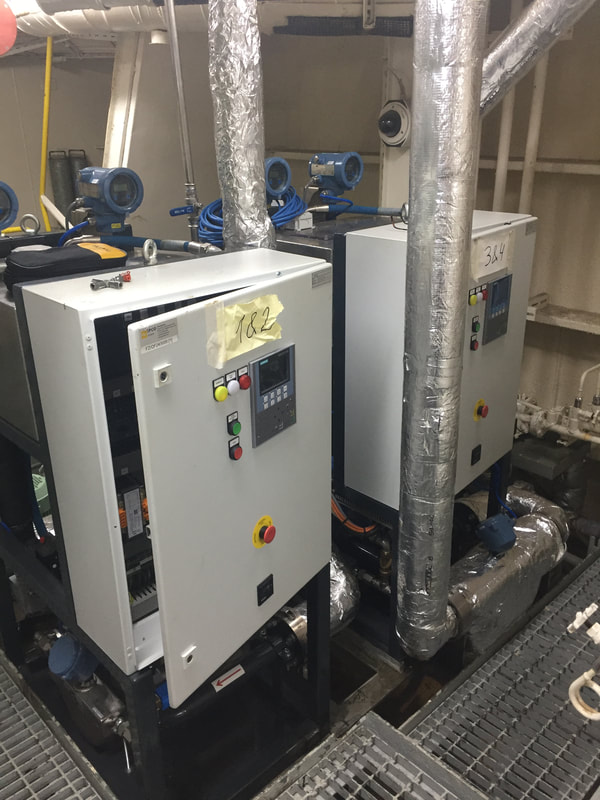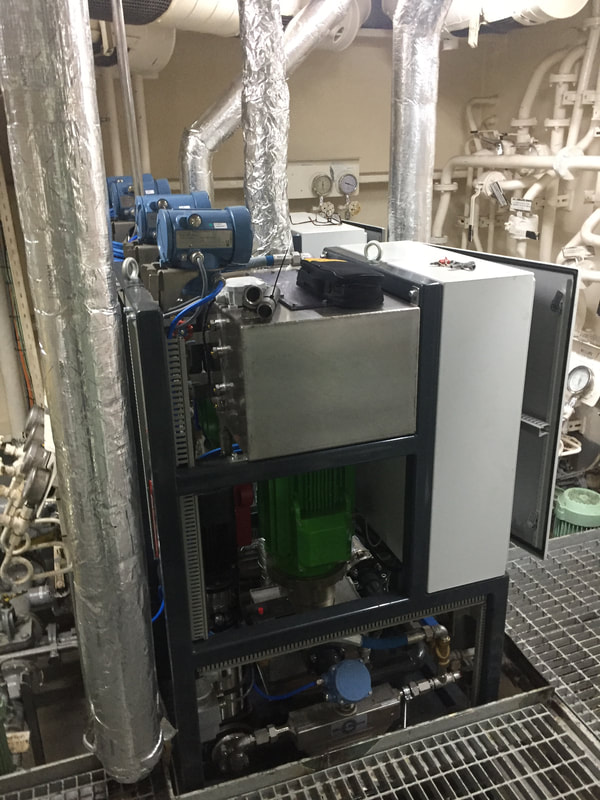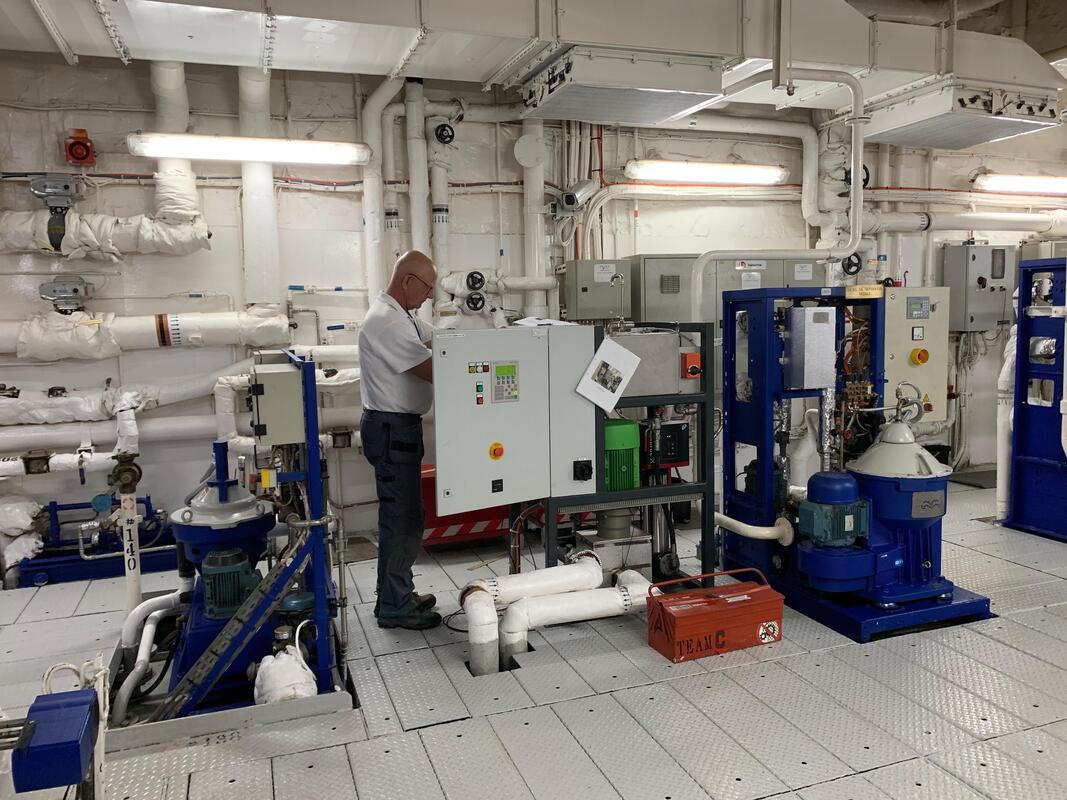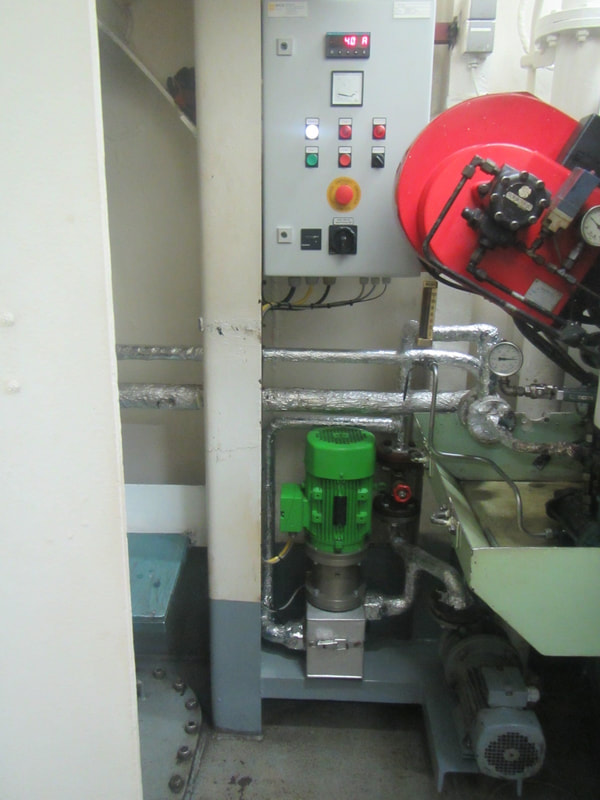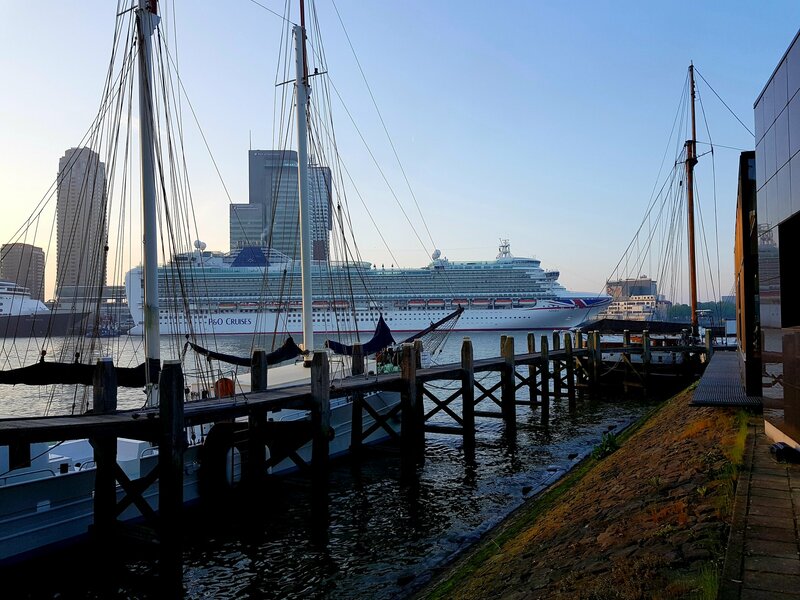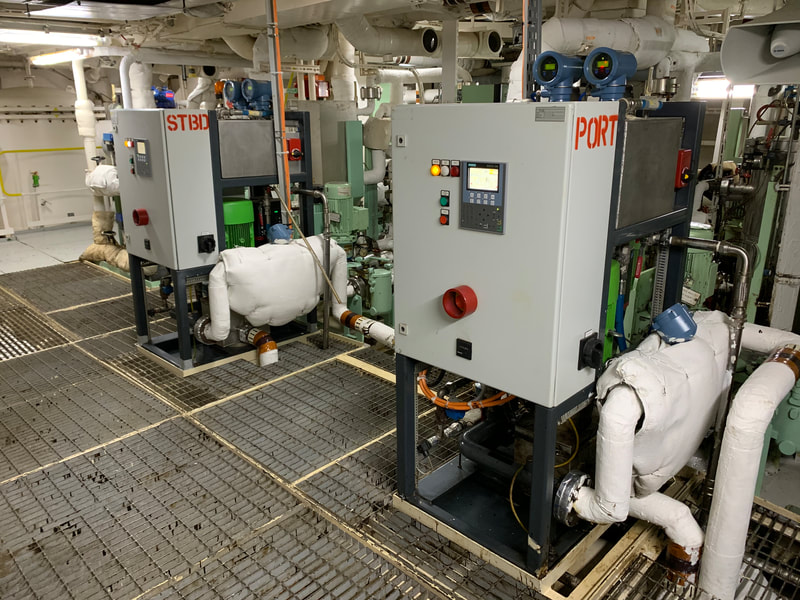|
Shalx Equipment&Engineering in Hong Kong sold IPCO Power's fuel homogenizers for 2 x 210,000 DWT new builds. (BC210K-8 and BC210K-9)
Learn more about the shipyard at: http://www.bhshipyard.com.cn/English/Introduction/Introduction1/index.htm Learn more about Shalx: http://www.shalxee.com/index.jsp Learn more about the fuel homogenizers: https://www.ipcopower.com/fuel.html  At it’s Guadaloupe’s power plant EDF was experiencing fuel related issues with asphaltenes. The safety fuel oil filters were clogging relatively frequently. IPCO Power’s Fuel Homogenizer is installed to reduce fuel droplet size and prevent issues with asphaltenes. This to assure best efficiency in operation. Are you ready for the upcoming NOx regulations in the Baltic and North Sea? January 1th 2021 is coming soon. Water Fuel Emulsions are the most financial friendly way to comply.
Possible with HFO, MGO and biofuels Read at our Water Fuel Emulsion page Our Fuel Treatment Systems does not only work on heavy fuel oil. Also with diesel fuel the homogenizer will improve combustion and will reduce soot emissions. The system is for example installed on the push tug Quattro with 4 x Caterpillar C18 engines.
 IPCO Power proudly confirms Tech-Solutions as it’s distributor and service partner for Kenya, Nigeria, Ghana and Denmark. Tech-Solutions is a Danish Export Company with years of experience in sourcing of quality Technical Solutions and Products. Many years of cooperation with Danish and European Manufacturers has given us a thorough knowledge of innovative solutions that most often brings our customers great savings. Solutions that are directed towards Caring about the Global Environment. With the additional of the IPCO Power Fuel Homogenizers Tech-Solutions can offer Sludge Reduction, Combustion Improvement for boiler plants, power plants and shipping. More information can be found on www.tech-solutions.dk Since the implementation of the 2020 compliant 0.5% sulphur fuel, the shipping industry is facing significant challenges, mainly due to the poor and inconsistent quality of the blended fuels. Blended fuel can become very unstable which can lead to major issues inside the fuel system, engine, and combustion process. We are receiving an increased number of queries asking if fuel homogenizers work on 2020 compliant fuel, and it is important to understand that 2020 compliant fuel is only referring to 0,50% Sulphur, it does not mean that any other part of the specification of the fuel is improved. On the contrary, there are already numerous reports within the industry of significant damage to main engines and excessive sludge problems after vessels have changed over to the new compliant fuel. As most of the new compliant fuels are a blend of HFO and various percentages of ‘cutter stock’ it is difficult to know what the exact blend ratio or composition is, which can lead to instability (stratification, excessive sludge) and incompatibility issues. The ISO fuel specifications do not regulate this. So if you have a tank fuel of “bad” fuel you can use our FID Recycler to reactivate the fuel again. The pump will circulate the fuel over the tank. All fuel will be handled by the fuel homogenizer at the same skid.The fuel homogenizer will reduce fuel droplets size and make a homogeneous fuel. Last couple of weeks we started Water Fuel Emulsion systems on board of Sky Princess, Regal Princess and Caribbean Princess. Sky Princess is Princess newest vessel. We appreciate Princess commitment in to emission reduction.
IPCO Power receives order to supply Water Fuel Emulsions systems for Carnival Miracle and Carnival Victory. The WFE system the FID Injector is a combustion improvement system designed to create a stable “water in fuel” emulsion. The system is installed before the mixing tank. The implementation of emulsified fuel significantly enhances fuel atomization and distribution in the combustion chamber.
Last week the Water Fuel Emulsion system on board Pacific Princess was commissioned. The systems will feed the engines equipped with Exhaust Gas Scrubbers. With the FID Injector there will be a significant reduction in particulate matter, soot and NOx. Water Fuel Emulsions will reduce the visible smoke.
 IPCO Power receives new order to equip Sea Princess and Golden Princess with it's Water Fuel Emulsion system the FID Injector. The systems will be installed to assist the Ecospray exhaust gas scrubber to reduce particulate matter and soot emissions with at the same time a 2% fuel saving. With the 2020 Sulphur cap the Sulphur limits on fuel will be reduced from 3,50% to 0,50%. Shipowners can take several options to comply:
On a regular basis we currently receive questions if fuel homogenizer work on 2020 compliant fuel. It is important to understand that 2020 compliant fuel is only referring to 0,50% Sulphur. It does not mean that any other part of the specification of the fuel is improved. Fuel homogenizers have the highest improvement with HFO 180 – 700. With the 0,50% Sulphur compliant fuel the viscosity of the fuel will be reduced, but still most of the used fuel will be above the HFO 180 grade. The expectations for the 2020 compliant fuels are problems with:
In these areas the homogenizers excel. Homogenizers will improve fuel into a homogenous mixture. Even when batches are sometimes incompatible. Engine makers and insurance companies are expecting severe issues with the upcoming compliant (but sometimes) untested fuels. The fuel homogenizers will add another layer of protection. As newest addition to Seabourn's fleet of cruise ships also the Seabourn Ovation is now equipped with IPCO's Water Fuel Emulsions systems. NOx reductions using water in fuel emulsions are significant; approximately 1% NOx reduction is achieved for every 1% injected water. The FID Injector (WFE) system is one of the simplest systems to reduce the particulate matter and soot emissions significantly. The system will target these emissions at the source, the fuel. The FID Injector has a small footprint and all necessary components are available inside the frame. Last week the IPCO WFE systems (FID Injector) on board P&O Oceana were commissioned. The systems will assist Carnival (Ecospray) AAQS (Advance Air Quality System) with reducing NOx, soot and particulate matter. The WFE system will reduce these emissions and will reduce fuel consumption due to the combustion improvement. With a combustion improvement there will be less dirt inside scrubbers waste water.
 IPCO Power proudly confirms Shalx Equipment and Engineering as it’s distributor and service partner for China. Shalx Equipment and Engineering concentrates to specialize in preventive and predictive maintenance solutions for all diesel engine types in the Marine, Offshore and Power Generation industries. With the additional of the IPCO Power Fuel Homogenizers Shalx can offer Sludge Reduction, Combustion Improvement and Water Fuel Emulsions systems again to its clients. Shalx Equipment and Engineering is based in Hong Kong and Shanghai. More information can be found on www.shalxee.com  IPCO Power receives new order to install WFE systems (FID Injector) on board Seabourn Ovation. With the new systems the whole fleet of Seabourn is covered with Water Fuel Emulsions. The system are installed to assist the on board scrubber systems in reducing the visible emissions and for combustion improvement. Our system health check consist of several important checks. We always take pictures so we have everything available to assist the crew on board when required!
Always nice to receive pictures from clients. Our Fuel Homogenizer on board MV Margiris KL855 from Parlevliet & van der Plas
With the upcoming sulphur cap there is more and more interest in scrubber systems. Especially now scrubber wash water is also cleaner as expected by many. Several manufacturers are supplying scrubbers. Most of the scrubbers consist of a wet package to remove the SOx out of the fuel and a dry package to as after treatment to remove the PM (Particulate Matter) for example. Those dry package filter are extremely big in size.
Our WFE (water in fuel) system the FID Injector can be used as a pre treatment on board. The water in fuel emulsion with the use of a homogenizer will create an better combustion. With the cleaner and better combustion your engine’s emissions will be reduced. You target the emissions before they are created. With the FID Injector the PM will be reduced with 60 - 90%. Also every percentage injected water to the fuel will reduce the NOx with 1%. A cleaner combustion will result in cleaner wash water. Currently our Water Fuel Emulsion system is part of Carnival's AAQS Last week the IPCO Power service team have visited HAL Amsterdam, Regal Princess, HAL Rotterdam and P&O Azura to check the on board installed Water Fuel Emulsions systems and install new parts. It is always nice to revisit earlier installed vessels and hear about the experience of the operators of the systems. HAL Rotterdam Water Fuel Emulsions systems will receive a major upgrade. They have been in operation since 2010. The WFE systems on board P&O Azura are still nice on a picture!
|
Categories
All
Archives
March 2024
AuthorBart Sluimer is the General Manager of IPCO Power. IPCO Power is an international company specialized in environmental solutions for the petrochemical-, shipping- and power industry. Find us on google+ and twitter |

